The Kenyon Farm serves as a hub for faculty research, providing a real-world farm setting for faculty to explore topics that merge scholarly inquiry with practical farm management.
At present, three faculty members are actively engaged in research at the farm, focusing on projects that could offer valuable insights into sustainable farming practices. These research initiatives have the potential to generate data that can be applied across the farm, driving improvements in efficiency, sustainability, and productivity, while also supporting the farm's broader mission. This approach to research allows the farm not only to contribute to academic knowledge but also to apply that knowledge in a practical, farm-wide context.
This research aligns with the Kenyon Farm’s mission to foster sustainable food systems, regenerative food production, and experiential learning. By supporting faculty research that contributes to these goals, the farm enhances Kenyon’s engagement with real-world farming practices. Additionally, it offers students a unique opportunity to connect academic knowledge with hands-on experience in the context of a small-scale farming operation. Through this integration, the Kenyon Farm reinforces the college’s commitment to sustainability and its core academic values, providing an invaluable link between the liberal arts education and the practices that support a sustainable future.
Current Projects
Insect Herbivory
Professor Lauren Schmitt, a faculty member in the Department of Environmental Studies, is focused on the ecology of sustainable food systems. Her research combines community and ecosystem ecology to explore how climate change and management decisions shape ecosystem dynamics. Since summer 2024, her work at the Kenyon Farm has centered on plant-insect interactions. With 2024 Kenyon Farm Fellow Harrison Solomon, Schmitt studied two beneficial insect species and their role in protecting plants from herbivory while also serving as pollinators.
In the future, we hope to incorporate Schmitt's findings into an Integrated Pest Management Plan for the farm.
Three Sisters Research Plots
Professor Patrick Bottiger, a faculty member in the Department of History, studies Native American knowledge systems, agricultural practices and the history of maize from ancient North America to the present. Several of his courses focus on environmental humanities and the role that the arts, humanities and social sciences play in historical and environmental research.
Since 2020, Bottiger's research at the Kenyon Farm focuses on recreating historical Indigenous farm fields based upon archival and archaeological research. He partners with a Native American seed library and seed-rematriation organization to plant Native American heirloom seeds. His student workers — including a summer scholar and semester in-course students — assist with field preparation, seasonal plantings, harvests, plot treatment/care and research.
Bottiger is happy to collaborate with students and other faculty. He can be reached at bottigerp@kenyon.edu.
Permaculture Practices
Professor Jared Bragg, a faculty member in the Departments of Anthropology and Environmental Studies, has collaborated with the Kenyon Farm for several years creating robust practicums for students in his permaculture class. In spring 2025, Bragg and his students will experiment with a variety of permaculture practices, including growing microgreens, composting with fungi, shiitake production, high tunnel cultivation and homesteading initiatives. If these practices prove successful, we will implement them farm-wide.
Research Highlights
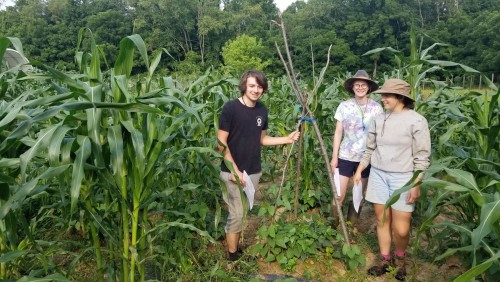
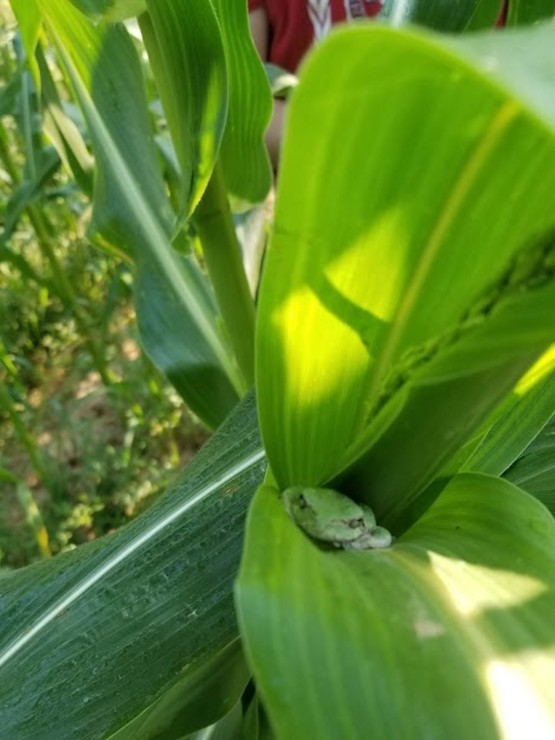
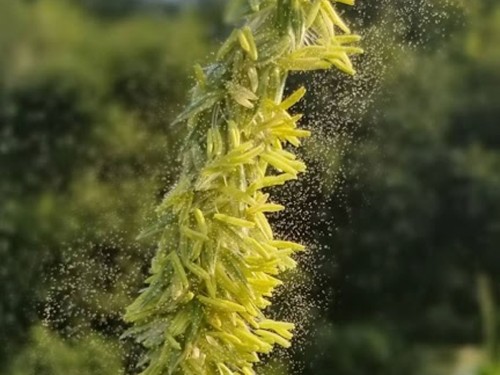
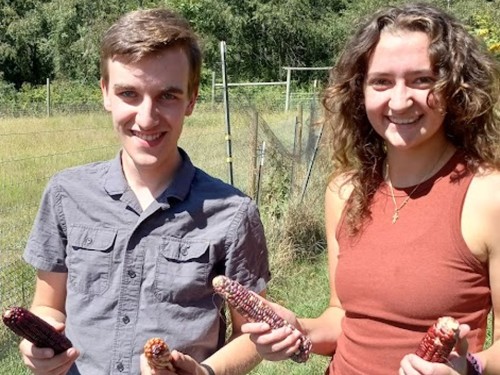
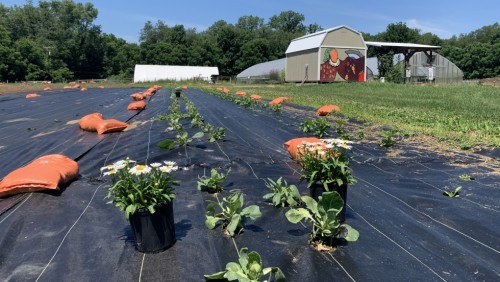
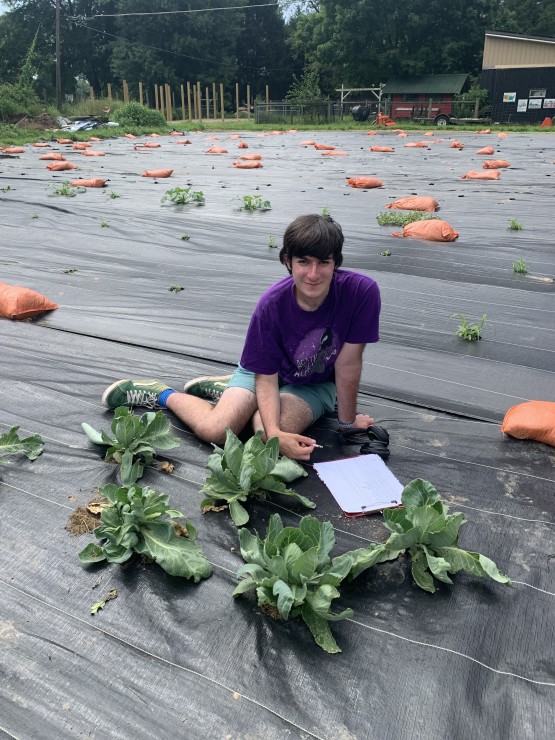
Gambier, Ohio 43022